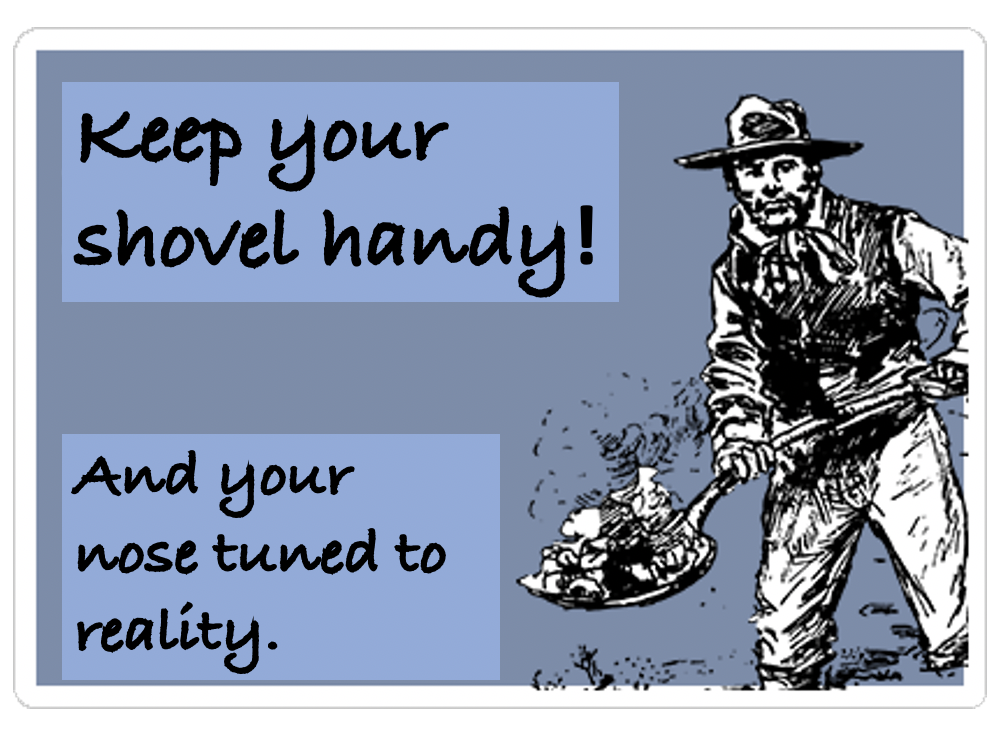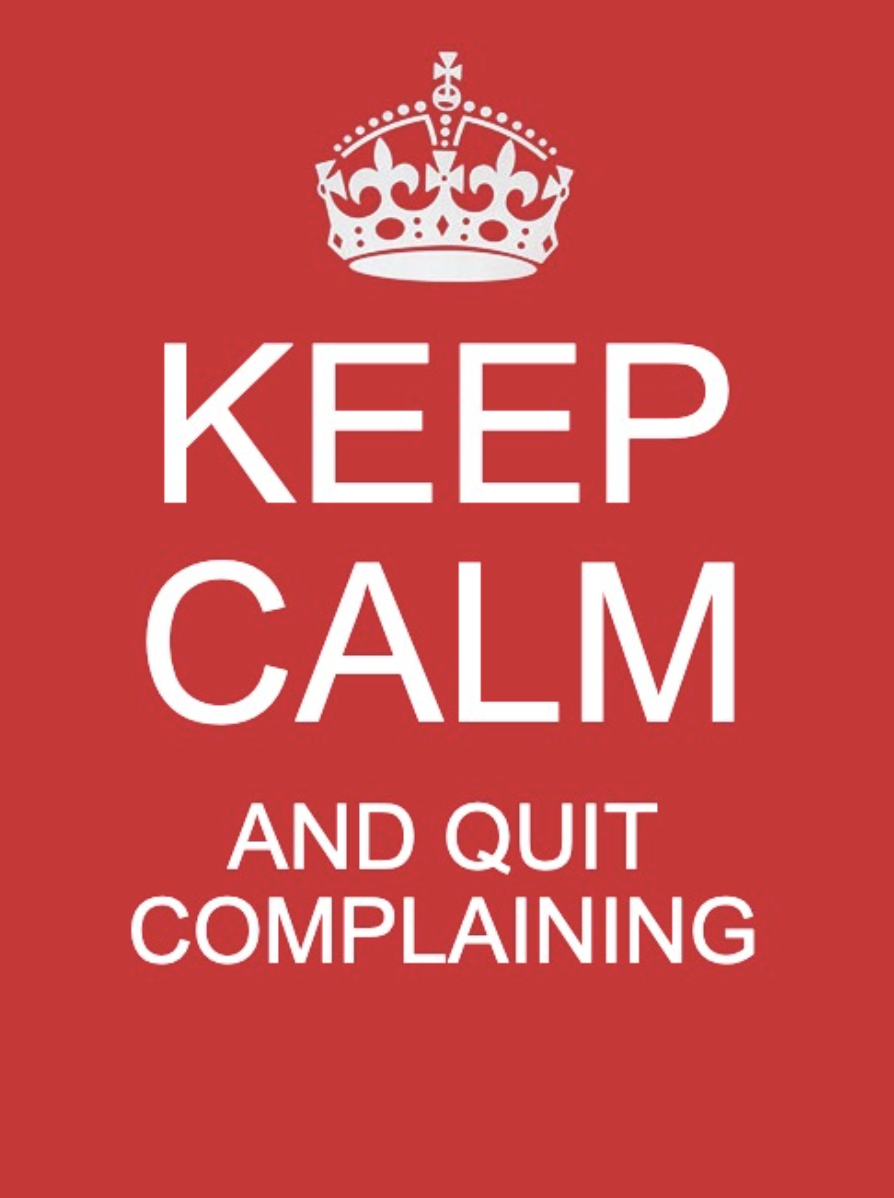Time magazine declared 2020 “the worst year ever.” That’s obviously not true. In the 1850’s, millions were held in slavery. In the 1860’s, over 600,000 Americans died in the war that freed those slaves. One hundred years ago, the Spanish flu killed 675,000 Americans, while women struggled to gain the right to vote. Our current troubles are minor in comparison.
Time magazine’s hyperbolic headline can be forgiven as a ploy to sell magazines. But people succumb to hyperbole. We tend to magnify present suffering. And that can impede critical thinking.
History is not one story, it is many. When historians look back on 2020, they will see failure that caused unnecessary suffering. But they will also witness ingenuity that mitigated harm. We should learn from our successes—and from our failures.
Some of what we suffered in 2020 was the result of human greed, ignorance, and pride. The Covid-19 death toll was made worse by selfishness, ignorance, and lack of leadership. The fires in California were the terrifying result of human-caused climate change. The social divisions and racial tensions of 2020 are the result of systematic stupidity and political polarization.
But human intelligence prevented things from being even worse. Health care systems evolved. A vaccine was developed. There were government bailouts. School teachers invented online learning. Firefighters demonstrated heroism. And Americans educated themselves about racism and the American Constitution.
Life includes both tragedy and triumph. We fail. We suffer. We learn. And we grow.
Resilience is a process of growth and development. Resilient people generally avoid absolutism and hyperbole, which cause despair. Defeatism undermines the spirit of invention, discovery, and growth.
Consider a recent essay by Chris Hedges on cultural despair. Hedges warns that despair can fuel the wish for magical solutions that can turn into fascism. I’m sympathetic to his critique. But Hedges’ assessment is itself dispiriting. Hedges gives voice to despair. And this leads him to conclude that reform is impossible. He concludes that we are faced with a choice between tyranny and revolution.
Hedges’ dilemma is typical of despair. We tend to dwell on the darkness without noticing the light. But history is more complicated than a stark choice between tyranny and revolution. And there is no such thing as “the worst year ever.”
Evaluation is relative and evolving. Some people fell in love in 2020. Others died. Some families had children. Some experienced divorce. Some people began new careers. Others lost jobs. Art was created and scientific discoveries were made. But businesses failed and crimes were committee. For some people, 2020 was a great year. For others, it was miserable.
And yes, there was Donald Trump. But there were also movements of social protest. The Constitution was tested. But the system worked. Polarization increased. But decent people sought common ground.
We must resist oversimplifying when we judge. These are not the best of times. Nor are they the worst of times.
Some new age advocates of mindfulness celebrate “non-judgmental awareness.” There is value in this. But non-judgmental presence is only a tool and a mood. We need to judge things. Judging helps us learn, invent, and improve. But we need to be judicious in judging—moderate and prudent.
We can learn a lot from acceptance and gratitude. The mind can be sharpened by quietness and presence. Thinking and learning require judgment and discrimination. If we practice pure acceptance, we will never learn anything.
If we are overly judgmental and hyperbolic in our judgments, we will also fail to learn. We have to see what works—and what doesn’t. We must also remain open to the new and the different. We must be creative and inventive in our response to the world.
To say that this was the worst year ever is a kind of cop out. It is a shoulder shrug and a sigh. Shrugs and sighs are OK—for a moment. Then it’s time to roll up our sleeves and get back to work. Instead of dwelling on what went wrong, let’s learn from our mistakes. We can also learn from our successes. And with some luck and a lot of labor, the next year may be better than the last.




